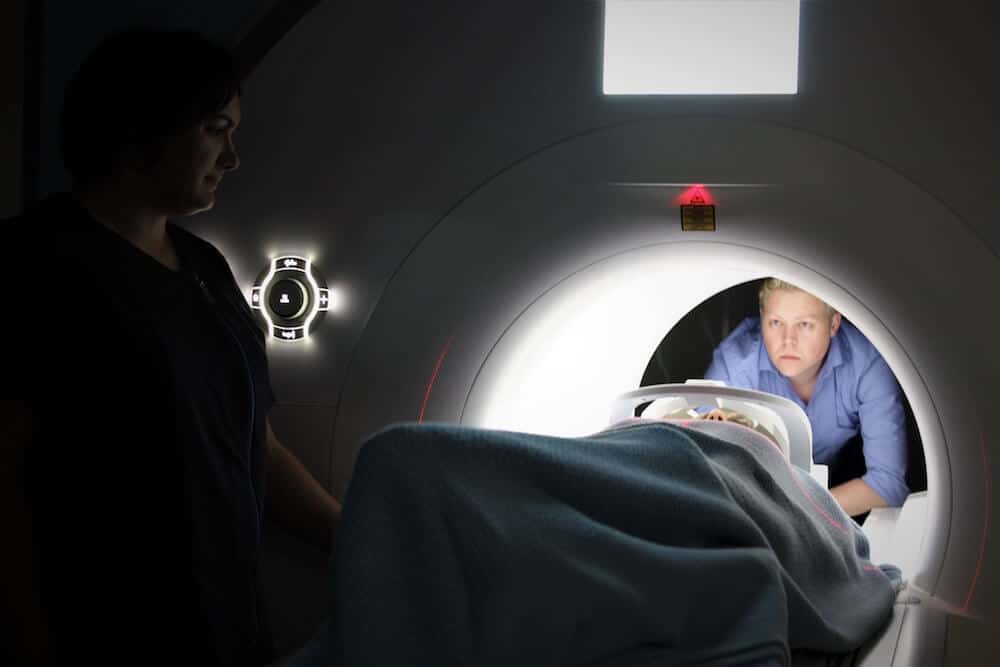Key Takeaways
Via our FS Health VP of Sales, Will Treichler, and originally posted on LinkedIn here.
At the end of the day, yes, I agree with Choon Yan (@battlechoon) that the role of the insurance agents of all stripes will be dramatically changed by IoT device-fed AI that assesses and accurately prices risk in real-time. With transparent pricing like that it will be less valuable to have a human in the middle showing costs to clients. Just like in the financial markets technology will take over in price dissemination. However, just like the financial markets, consumers will still need expert advice to make sense of the data.
Looking through the lens of the health insurance broker, the role of broker as price engine will likely become commoditized. However, trends in the individual and group health insurance markets have shown the lasting value of expert brokers as both educators and guides.
As Steven Brill (@StevenBrill) points out in America’s Bitter Pill, a stated goal of the Affordable Care Act (ACA) was to build a platform that allowed consumers to shop for plans on their own. Interestingly, the ACA actually increased the need for insurance agents (called “guides” in ACA parlance). New consumers into the insurance markets (some because they could now afford coverage, others because they were forced into the market by threat of fines) who didn’t understand their myriad options and relied on the opinions of experts.
From my perspective as a B2B insurance agent placing employer groups into plans, that function is even more unlikely to be replaced in the near term in the group market. A group as small as 10 employees will inevitably have 10 different healthcare stories for which an employer must find a single solution to offer to everyone from the thousands of potential combinations of plan designs, carriers, savings accounts, etc.
many of the most public problems seen in the health insurance tech industry have directly correlated to lack of insurance expertise within the tech-driven brokerages.
It’s a tall ask of HR/People Ops departments and finance teams to make those choices without the help of a bona fide expert even with accurate data feeds from insurance carriers, Fitbits, and quasi-automated platforms (e.g. Zenefits, Gusto, Namely). In fact, many of the most public problems seen in the health insurance tech industry have directly correlated to lack of insurance expertise within the tech-driven brokerages.
Ultimately, I think the insurance industry will follow the Paypal security model, meaning humans and machines will augment rather than replace each other. Technologies like fitness trackers and biometric monitors will integrate with automated platforms to take much of the drudgery and paperwork out of the system. However, that system will still need to be managed by industry experts to help individuals and groups find the most appropriate coverage for the best price.
No doubt the insurance landscape is changing and catching up with other modernized industries. Drawing from the recent trends, the future will continue to rely on the intersection of expert advice and ever-improving technological innovations.
To learn more, you can always reach out to a member of our team by emailing info@foundershield.com at any time. Or create an account here in order to get a quote for a comprehensive program that protects your business!











